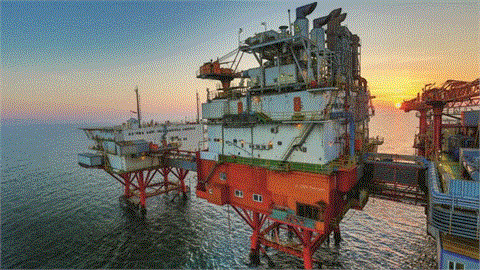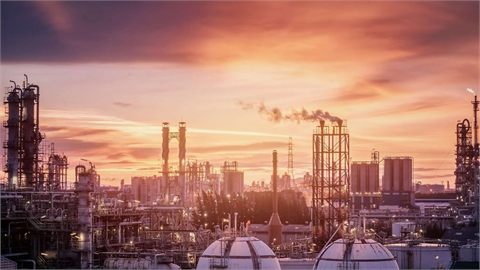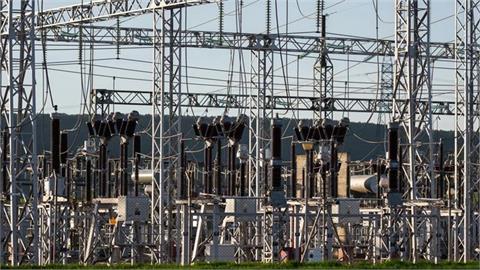The European Commission is drafting plans to help EU countries reduce fossil gas demand and, if necessary, curtail consumption in the face of “a likely deterioration of gas supply outlook” this winter, according to leaked policy proposals seen by EURACTIV.
Over the past few months, gas supplies from Russia have declined in a “deliberate attempt to use energy as a political weapon”, driving energy prices higher and raising concerns about whether Europe will have enough supply to get through the next winter.
Already, supply to the Baltic States, Poland, Bulgaria and Finland has stopped. Supply to Germany, Denmark, the Netherlands and Italy has been reduced and flows through Nord Stream 1, the largest import route to the EU, have been cut by 60%.
“There is no reason to believe this pattern will change. Rather, a number of signals, including the latest decision to reduce further supply to Italy, point to a likely deterioration of gas supply outlook,” the Commission says in a new policy document, seen by EURACTIV.
The policy document, due to be published on Wednesday (20 July), has a self-explanatory title: “Save gas for a safe winter”.
While the EU tabled plans in May to phase out Russian fossil fuels and strengthen its security of supply, full energy independence from Moscow was not envisioned until 2027 at best. Now the EU needs to prepare for the “sizeable risk” of a complete halt of Russian gas supplies this year, the Commission warns.
The EU’s security of gas supply regulation adopted in 2017 defines three national crisis levels: “Early Warning”, “Alert” and “Emergency”.
The EU is currently at the early warning stage, but on 20 July, it will move to the alert stage, the document says. This means “there is concrete, serious and reliable information that an event likely to result in significant deterioration of the gas supply situation may occur and is likely to lead to the emergency level being triggered in several Member States.”
This situation requires instruments that reduce gas demand, increased daily monitoring and information, measures for industry to reduce demand, switching from gas to other fuels and obliging public buildings to limit heating to 19°C and cooling to 25°C unless not technically feasible.
(for further reading, EURACTIV, July 14, 2022)



